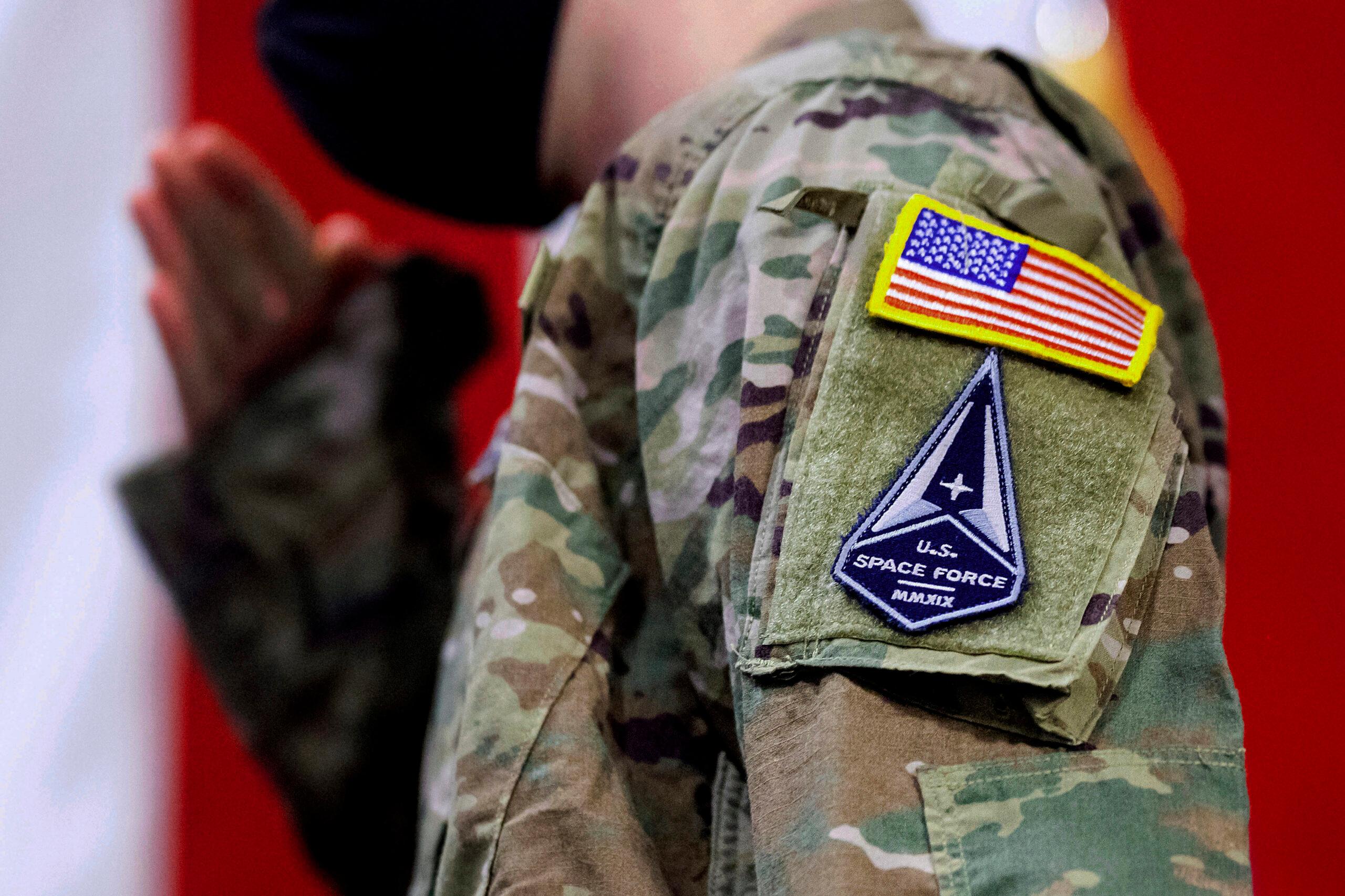
As Colorado’s congressional delegation continues to fight to keep U.S. Space Command in Colorado Springs, another effort is underway to establish a Space National Guard; an endeavor looking increasingly unlikely as this year’s Pentagon budget shapes up.
Not only are the majority of guardians — the name for troops of the U.S. Space Force — based in Colorado, but so is the largest contingent of space-focused national guard personnel.
Yet, those troops remain in the Air National Guard, which top guard leaders say has led to problems equipping and training them as the newly-minted Space Force develops its own independent procedures and culture.
Colorado’s congressional delegation is among the loudest calling for the Space Force to have its own national guard.
“Colorado leads the country in guardsmen conducting space missions,” Sen. John Hickenlooper said in a recent press release. “Creating a Space National Guard will maximize readiness and efficiency, while protecting the mission of these hard-working service members.”
This year, the idea has new traction as Sens. Marco Rubio (R-Florida) and Dianne Feinstein have co-sponsored a bill to create a Space National Guard outside the National Defense Authorization Act. But just as some lawmakers urge the formation of a Space National Guard, others are critical of the idea.
“The [Senate Armed Services Committee] is where we’re held up and that seems to be what’s slowing us down right now,” said Brigadier Gen. Laura Clellan, Colorado’s Adjutant General, a member of Gov. Jared Polis’ cabinet.
Clellen said during a recent media roundtable that while there has been some shift in the Senate’s interest in establishing a space guard, she said she does not believe it will be enough to establish one in this year’s budget. The idea is not entirely new, either: formation of a space guard has previously been proposed in the House of Representatives’ version of the National Defense Authorization Act for the past two years, but the program has been removed in reconciling the bill with the Senate’s version of the legislation.
A 2020 report from the Congressional Budget Office says setting up the reserve could cost anywhere from $100 million to $500 million per year, depending on the size of the force. The Biden Administration “strongly opposes the creation of a Space National Guard,” arguing creating the reserve would create new government bureaucracy without delivering new capabilities to the armed forces.
And still others argue a better option would be to staff the Space Force with some part-time guardians, rather than create a separate reserve force.
Much of the criticism of the idea is tied to cost, but retired Gen. Joseph Lengyel, who stepped down as the head of the National Guard Bureau in 2020, said he believes the cost of creating a space guard would be less than what the Congressional Budget Office estimates.
Top national guard brass have argued for taking the space-focused troops already existing in Air and Army National Guard ranks and shifting those units to a Space National Guard. With the exception of new uniforms and branding, they expect the change would be nearly cost-neutral.
Brig. Gen. Clellan said keeping space-focused troops underneath military branches other than the Space Force makes it more cumbersome and labor intensive to organize training and mission readiness for space troops, as funding for such training exists under a different service branch.
“Also, just as in any other military branch, there's culture and the Space Force — as it continues to evolve — is evolving its culture,” Clellan said. “They have different uniforms, they've got different values. The longer that we're orphaned [outside the Space Force,] the less likely we're gonna be able to fit into that culture while we still continue to do the missions.”
And some say there are operational advantages to the formation of a Space National Guard as well. Gen. Lengyel suggested having a Space National Guard would be the only way for the U.S. military to stay competitive with potential future adversaries like Russia and China.
“You simply can't afford the size of a force that you need to go to war and defeat a peer adversary,” Lengyel said, adding that a part-time reserve force is likely the only sustainable solution.
Also, Lengyel said troops with advanced training in the skillsets required for space warfare often want to retain lucrative private sector jobs, jobs that also keep those people on the cutting edge of technological advancements.
“Our job is to make sure that they don't have to give up their civilian lives,” Lengyel said.









